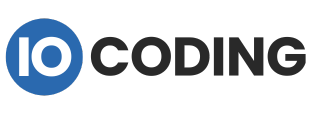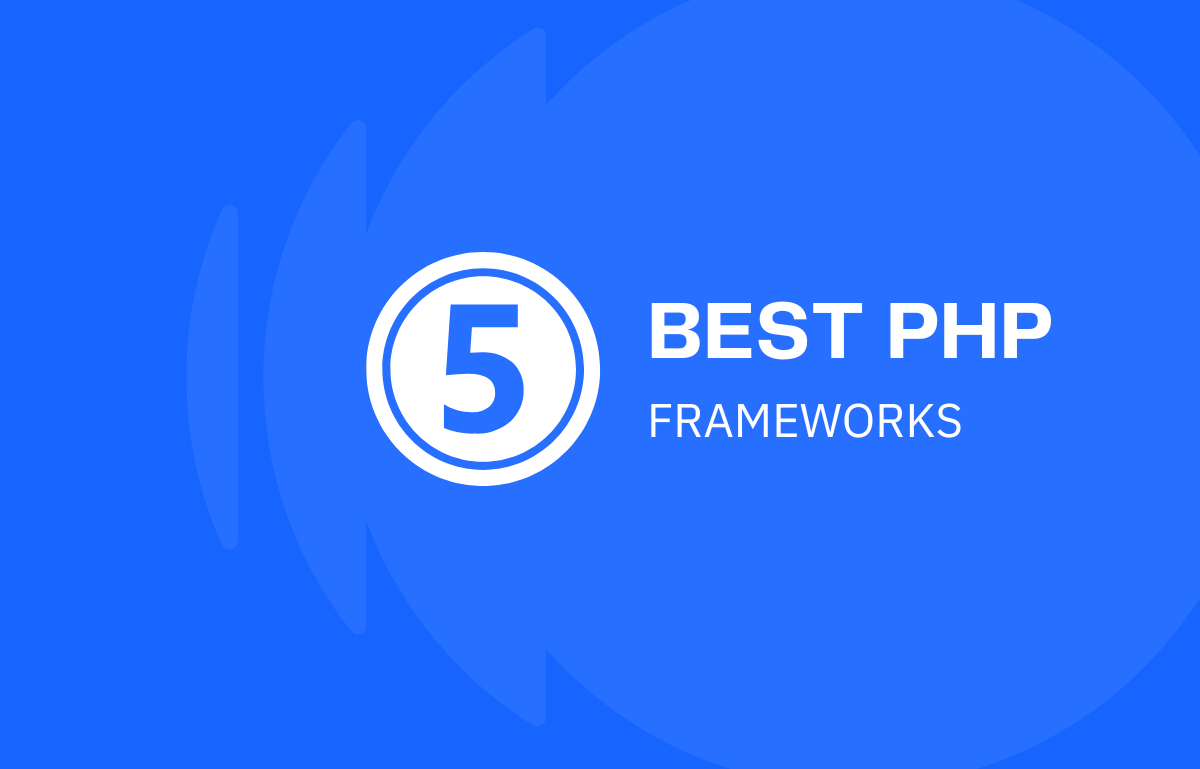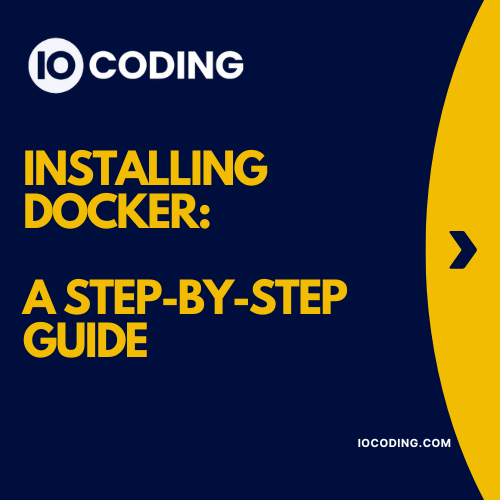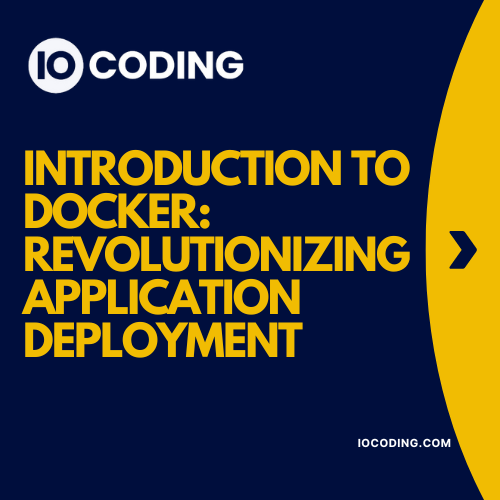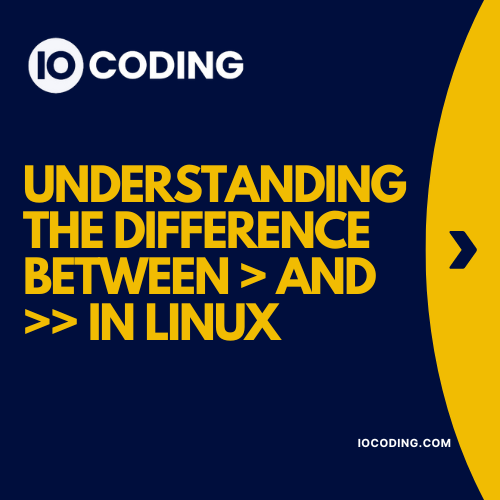Introduction
PHP is one of the most popular programming languages used for web development. It provides developers with a wide range of frameworks to choose from, each offering unique features and functionalities. In this article, we will explore the top 5 PHP frameworks that can help developers build robust and scalable web apps.

Table of Contents
Laravel
Laravel is a powerful framework that has gained immense popularity in recent years. It follows the Model-View-Controller (MVC) architectural pattern, which allows for the separation of concerns and promotes code reusability. Laravel offers a wide range of features, including routing, caching, authentication, and database management.
One of the key advantages of Laravel is its elegant syntax, which makes it easy to read and write code. It also has a vast and active community, which means that developers can easily find support and resources online. Laravel’s comprehensive documentation and built-in testing tools further contribute to its popularity.
Symfony
Symfony is another popular framework known for its flexibility and scalability. It follows the same MVC architectural pattern as Laravel and provides a set of reusable components that can be used to build complex web applications. Symfony offers a robust command-line interface (CLI) tool, which simplifies the development and maintenance process.
One of the standout features of Symfony is its emphasis on best practices and code quality. It encourages developers to follow coding standards and provides tools for automated testing and code analysis. Symfony also has a thriving community and a vast ecosystem of plugins and bundles, making it a versatile choice for web development projects.
CodeIgniter
CodeIgniter is a lightweight framework known for its simplicity and ease of use. It is designed to be beginner-friendly and requires minimal configuration, making it a popular choice for small-scale projects and rapid prototyping. CodeIgniter provides a straightforward and intuitive interface, which allows developers to quickly build web applications without getting overwhelmed by complex features.
Despite its lightweight nature, CodeIgniter offers a range of features, including database abstraction, form validation, and security measures. It also has excellent performance, thanks to its small footprint and efficient execution. CodeIgniter’s extensive documentation and active community make it a reliable choice for developers looking for a hassle-free PHP framework.
Yii
Yii is a high-performance framework that focuses on speed and efficiency. It follows the MVC architectural pattern and provides a robust set of features, including caching, authentication, and role-based access control. Yii’s caching capabilities are particularly noteworthy, as they can significantly improve the performance of web applications.
One of the key advantages of Yii is its code generation tools, which automate repetitive tasks and speed up the development process. Yii also has a modular structure, allowing developers to use only the components they need. Its active community and extensive documentation make it a popular choice for developers looking for a fast and efficient framework.
Zend Framework
Zend is a powerful framework known for its enterprise-level capabilities. It follows the MVC architectural pattern and provides a wide range of features, including database abstraction, authentication, and caching. Zend also supports various third-party libraries, making it a versatile choice for complex web development projects.
One of the standout features of Zend Framework is its focus on security. It provides robust security measures, including input validation, output filtering, and encryption. Zend also has a modular structure, allowing developers to use only the components they need. Its extensive documentation and active community make it a reliable choice for enterprise-level PHP development.
Conclusion about the top PHP Frameworks
Choosing the right PHP framework is crucial for the success of your web development projects. The top 5 PHP frameworks mentioned in this article, namely Laravel, Symfony, CodeIgniter, Yii, and Zend Framework, offer a wide range of features and functionalities to suit different project requirements. Whether you are a beginner or an experienced developer, these frameworks can help you build robust and scalable web applications efficiently.
It is important to consider factors such as ease of use, community support, and documentation when selecting a framework. Ultimately, the choice depends on your specific project requirements and personal preferences. Whichever framework you choose, make sure to explore its features and leverage its capabilities to enhance your web development workflow.
If you need any help or services using the PHP Frameworks, feel free to contact us.
